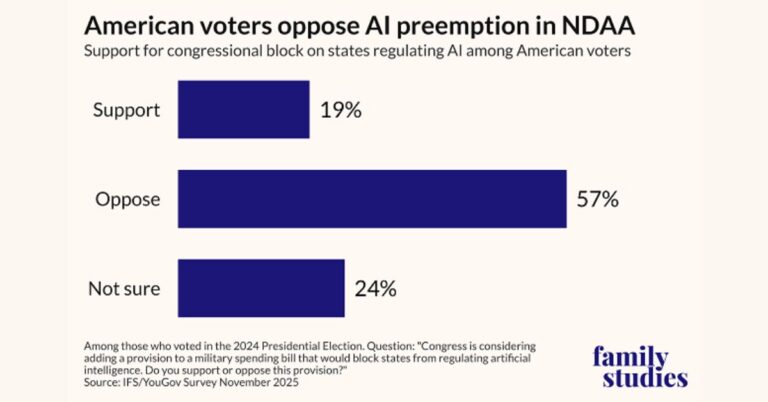Singtel has taken a significant step forward in mobile connectivity with the launch of 5G+, a next-generation evolution of its 5G network. This marks the world’s first full-scale rollout of network slicing for both enterprise and consumer segments nationwide. By extending network slicing to all customers, Singtel is setting a new global standard. This enables faster speeds, improved connectivity, and robust security, even while roaming, on top of already expansive 5G coverage across Singapore.
Singtel Network Slicing Brings Enterprise-Grade Performance to Consumers
Until now, network slicing was primarily used in enterprise settings, supporting industries such as public safety, healthcare, transportation, and retail. Singtel is now extending these advanced capabilities to everyday mobile users through 5G+.
This means each customer receives a dedicated “slice” of the 5G network that dynamically adapts in real time to support their specific usage needs—whether it’s gaming, video streaming, or video conferencing. The result is a smoother, faster, and more reliable mobile experience, even in congested areas like shopping malls, MRT stations, and stadiums.
Smart Nation Connectivity Enhanced by Singtel Network Slicing and 5G+
“To become a truly Smart Nation, we must empower not just businesses but every individual with the best connectivity,” said Ng Tian Chong, CEO of Singtel Singapore. “With 5G+, we’re offering future-ready connectivity to all—businesses and consumers alike—so that every Singaporean can benefit from speed, reliability, and security.” He added, “As Singapore celebrates SG60, we’re proud to roll out this technology to the nation. Our 5G+ offering is not just about faster data—it’s about equipping everyone with the tools to thrive in a digital future.”
Massive coverage and performance uplift with 700MHz spectrum
Singtel achieved full standalone 5G coverage across Singapore in 2022—three years ahead of regulatory timelines. In February 2025, the company became the first in the country to deploy the 700MHz spectrum, enhancing network reach and indoor penetration.
This upgrade delivers up to 40% better performance in high-rise buildings, underground transit systems, and remote regions—ensuring more consistent service for over 1.5 million Singtel 5G users.
Consumer plans upgraded to 5G+ Priority
As of early May 2025, Singtel customers on SIM-only Plus, Ultra, and L plans and above were automatically upgraded to Singtel 5G+ Priority at no additional cost. This tier delivers:
- Up to 4x faster speeds
- Ultra-low latency
- Guaranteed bandwidth in high-traffic areas
- Improved video streaming, gaming, and call quality
Additionally, users gain access to premium customer care, priority support at Singtel Shops, and exclusive deals on devices and services.
Security-first approach with real-time threat protection
Beyond performance, Singtel 5G+ also focuses on enhancing digital safety. Customers now receive continuous protection against cyber threats with real-time threat detection and blocking, even when roaming. This feature aligns with rising demand for secure mobile experiences, especially as mobile banking, e-commerce, and remote work become more common.
Singtel Network Slicing Supports Enterprise App Prioritization
Singtel’s leadership in network slicing extends beyond consumers. Earlier this week, it became the first telco in Asia to enable app-based network slicing for supported iPhone and iPad models. This enterprise-focused feature uses Apple’s traffic categories and MDM platforms to allocate network resources specifically for critical apps like Microsoft Teams, Zoom, WhatsApp, and FaceTime.
By prioritizing enterprise app traffic over the network, Singtel supports improved collaboration, faster response times, and uninterrupted communications in high-density environments.
Singtel Network Slicing Proven at Major Events in Singapore
Singtel’s slicing technology has already been successfully tested in real-world, high-demand scenarios. These include:
- F1 Grand Prix Singapore
- National Day Parades (2022–2023)
- Coldplay and Taylor Swift concerts (2024)
During these events, Singtel ensured seamless connectivity for large crowds, demonstrating its ability to deliver on reliability at scale.
Looking ahead: More options and choice for all users
Singtel has emphasized that 5G+ is not about replacing existing networks, but enhancing the entire mobile experience. While premium tiers are available, Singtel continues to offer strong 4G performance to customers who prefer lower-cost plans. This hybrid approach supports broader digital inclusion, ensuring dependable service across different segments of the population.
“As customers’ needs evolve, and with AI and IoT becoming part of daily life, we’re expanding our service portfolio with high-value features,” Ng said. “Our customers want choice—and we’re delivering that across our mobile offerings.”







































